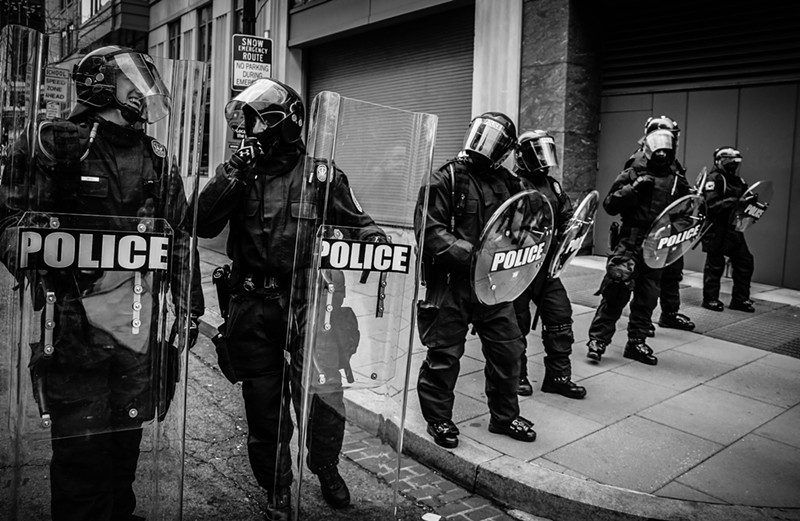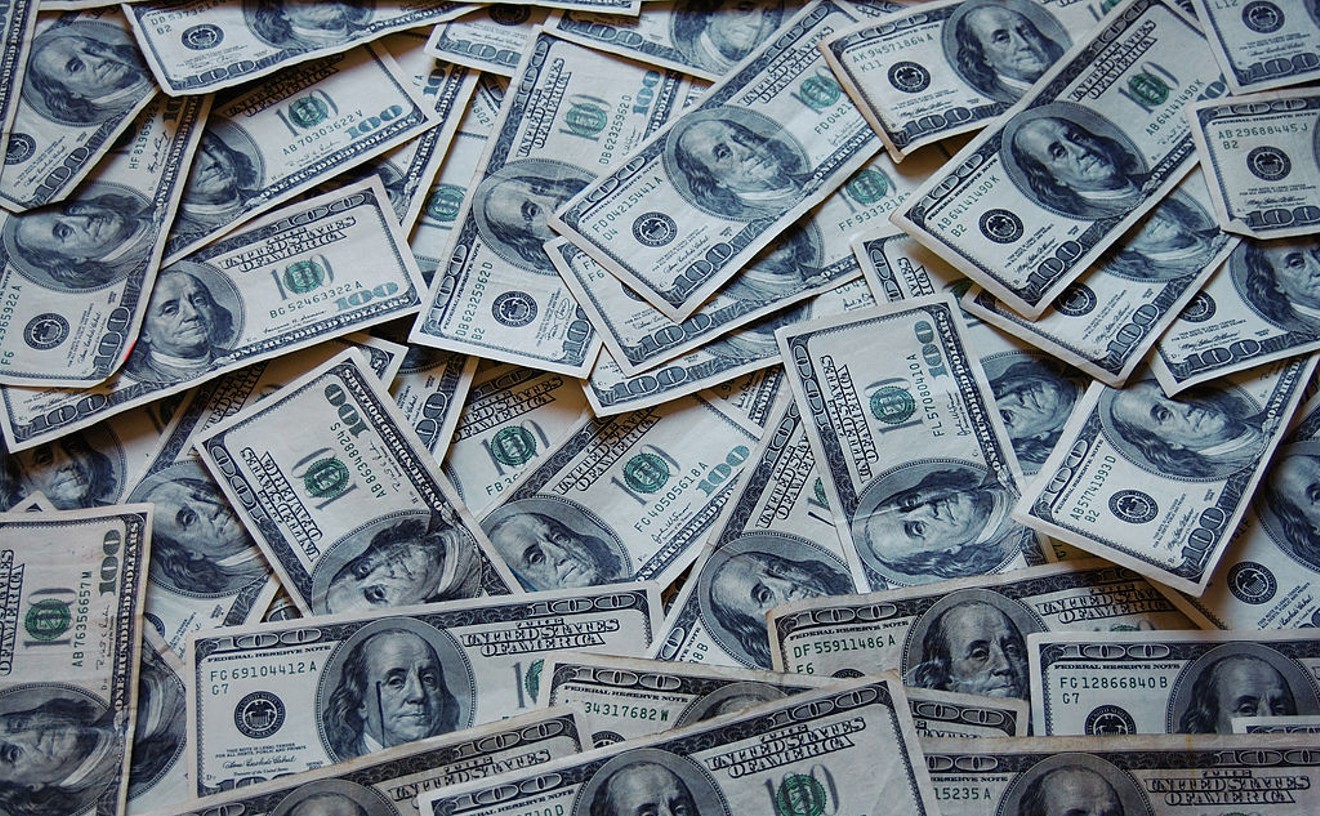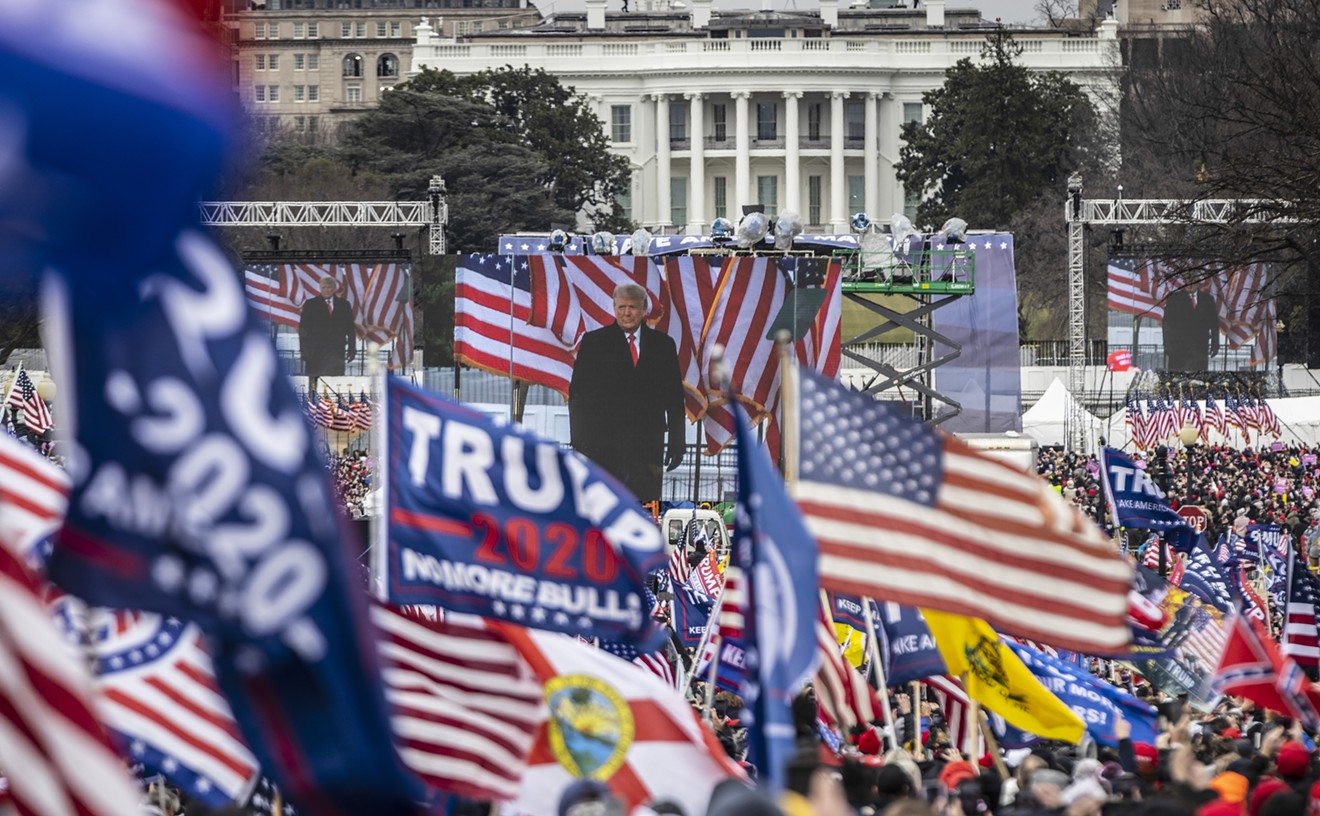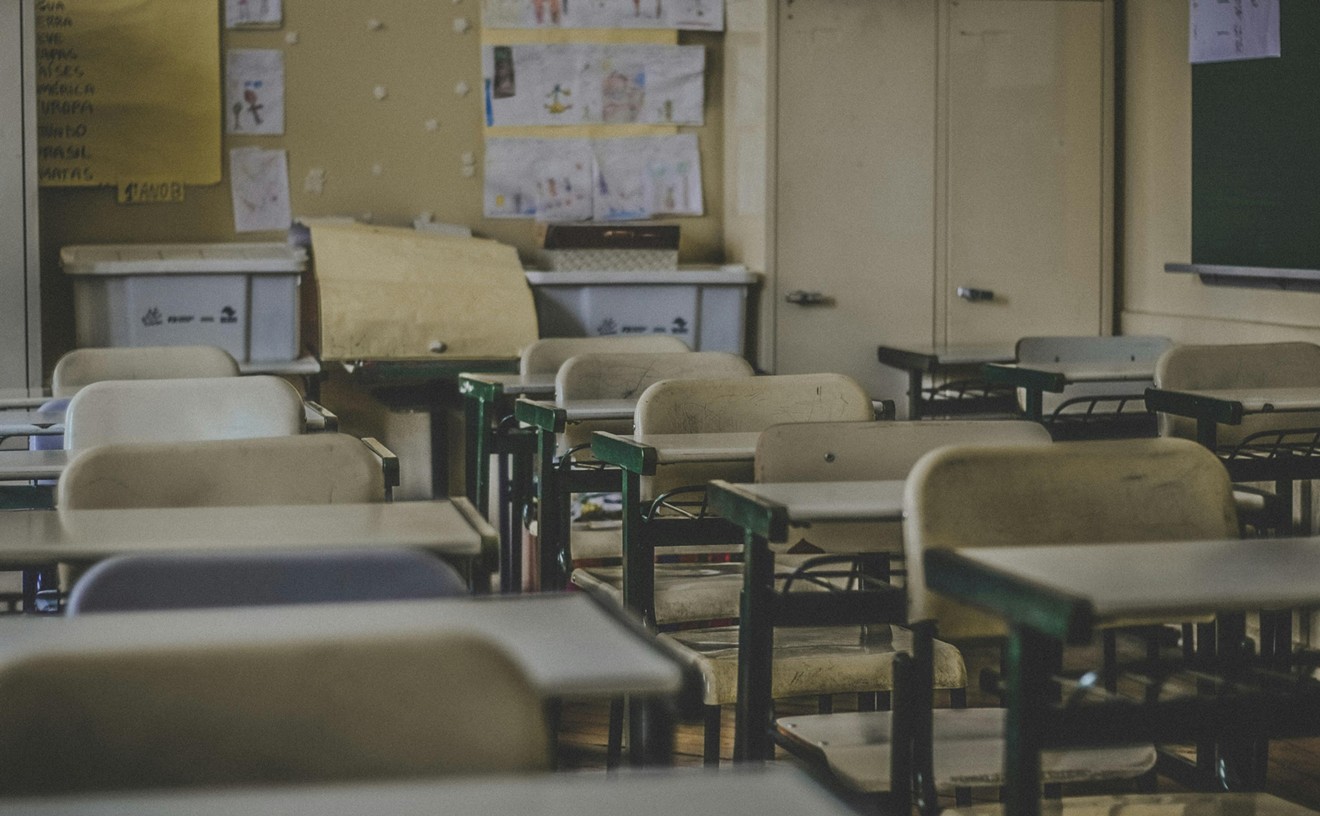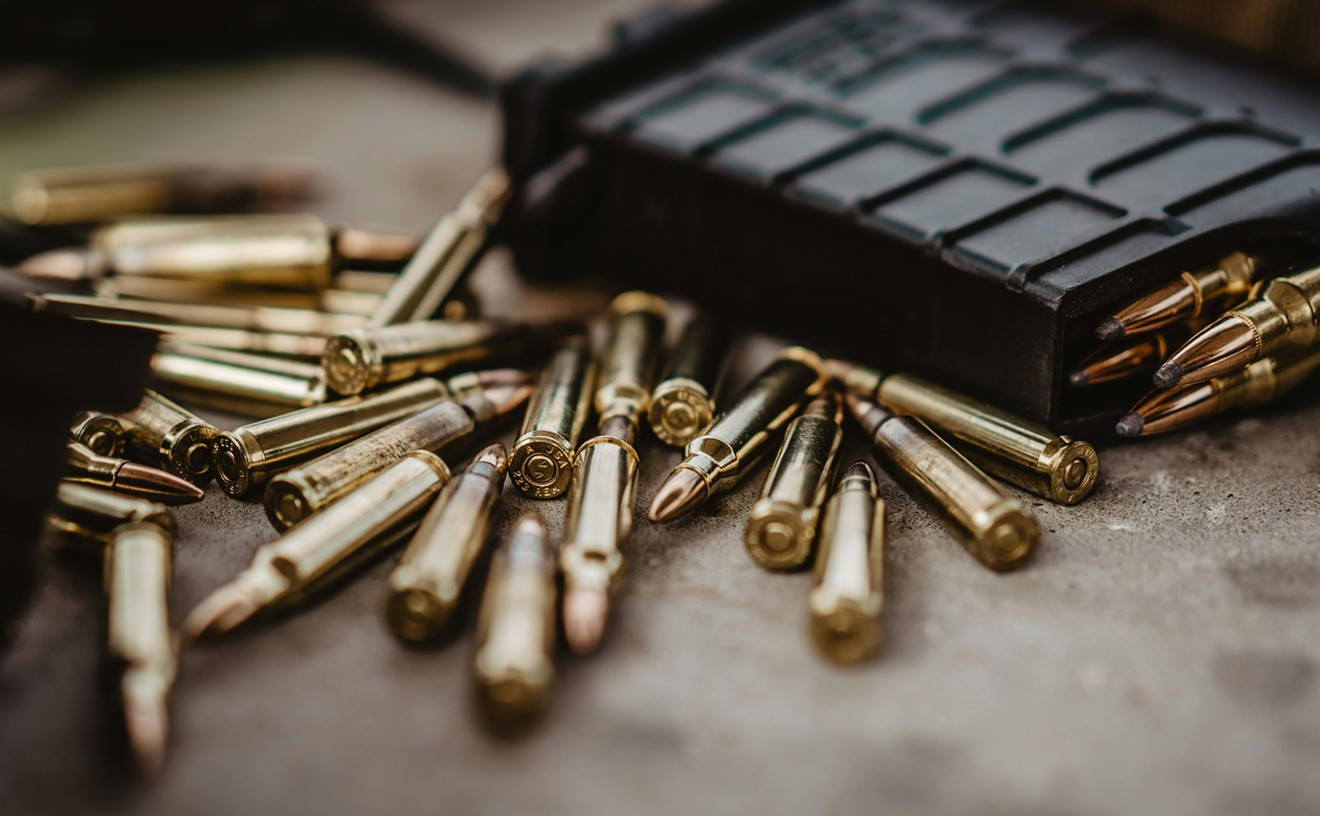Now, Mayor Eric Johnson has effectively quashed the discussion with a move that is already prompting criticism from activists and community organizers. On Monday, he announced plans to beef up the Dallas Police Department and use federal funds to do it.
In a press release, the mayor said he wanted to make space for another 125 officers in the 2021-2022 fiscal year’s budget. He also announced plans to raise first responders’ salaries up to the going market rate. The federal funding would come from the American Rescue Plan Act, which includes cash President Joe Biden has urged municipal leaders to spend on law enforcement.
“Our police department has been strained in recent years by short staffing, which has necessitated substantial police overtime spending,” Johnson wrote in the statement. “We can and must do better. We need to grow our police force again to meet the demands of our residents and to make our communities safer and stronger.”
The way Johnson apparently sees it, more cops mean safer streets, and having too few officers has left the Dallas Police Department unable to do its job properly. As evidence, he cites a net loss of 67 police officers and an estimated $25 million in overtime spending, some $7.7 million more than what had been budgeted.
Still, critics aren’t buying it.
“There isn’t strong evidence for the assertion that more police equals safety,” said Jerry Hawkins, executive director of Dallas Truth, Racial Healing and Transformation.
One study examines 60 years’ worth of police data, concluding that spending doesn’t reduce crime. Some studies say spending does, in fact, decrease crime, but the result comes with a hefty price tag.
A recent study titled “Police Force Size and Civilian Race” suggests that more police officers can mean fewer murders, especially among Black people, but it also notes that more cops can mean a spike in arrests for low-level crimes among Black people. That’s especially true in cities with large Black communities, such as Dallas.
In Dallas, Black people are arrested at a rate 2.5 times higher than white people for low-level crimes, which account for more than 8 in 10 arrests. Meanwhile, people of color are twice as likely to live in poverty in Dallas, which ranks at the bottom of the barrel when it comes to racial equity and segregation.
“Increasing police presence in our city is not synonymous with ensuring public safety in our communities,” said David Villalobos, the campaign director with progressive Texas Organizing Project group.“There isn’t strong evidence for the assertion that more police equals safety." - Jerry Hawkins, Dallas Truth, Racial Healing and Transformation
tweet this
Kristian Hernandez, a member of the Community Police Oversight Board and co-founder of Our City Our Future, also believes that the call for more officers is misguided. She points to a 396-page report on Dallas Police’s staffing levels produced by the auditing firm KMPG in 2019, which was considered “tough love” at the time.
“They made sure to say that increased staffing alone would not achieve goals for reduced response times, city-wide crime reduction and increased service levels for citizens,” Hernandez said. “The mayor’s call for more officers is propaganda. It’s not rooted in anything outside of superficial appeasement of the Dallas Police Association and lazy governance.”
Other than homicides, crime is trending down. Reform advocates say that what is really needed isn’t more police — it’s less poverty.
“The safest communities are not the ones that are over-policed, but the ones that are properly resourced,” Hernandez said.
In August 2020, Our City Our Future put forward a detailed proposal for the city to reallocate $200 million from the police department’s budget toward community investments and alternative safety initiatives. The vast majority of the community-suggested proposals were not seriously considered, Villalobos says.
Instead of using federal funds to hire more police, Hawkins suggests the mayor should consider other uses.
“With a disproportionate number of Black homeless people, stubbornly high rates of child poverty, crumbling infrastructure and a city with a nationally recognized rate of income inequality, a focus on increasing the police budget is terrible for the future of Dallas,” Hawkins argued.
Johnson, though, isn't likely to budge. "Public safety must come first," he said in his statement. "While we cannot depend on police alone to prevent crime, our officers play a unique role in taking dangerous people — especially repeat offenders — off our streets."

